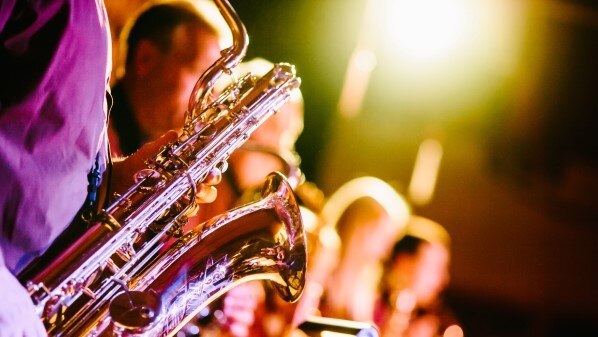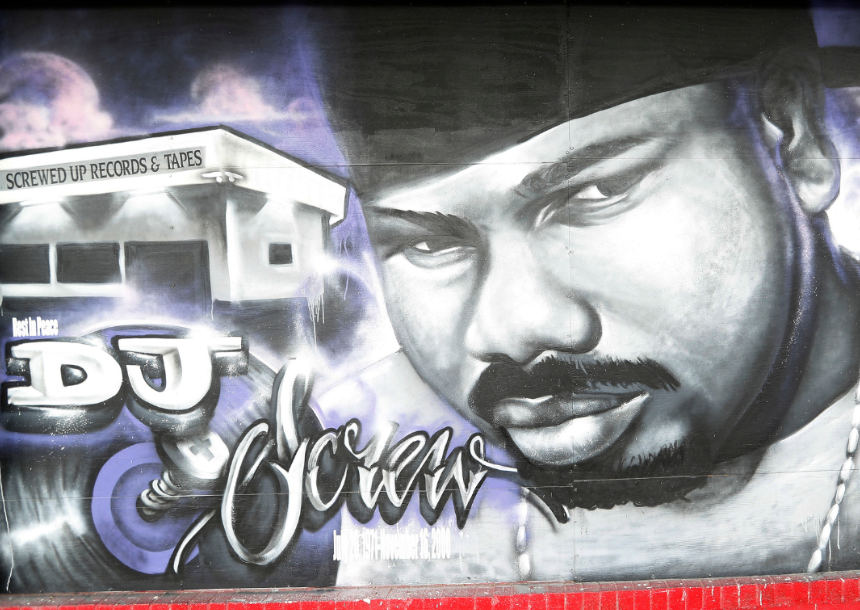The Roots of Houston’s Music Legacy
Houston’s music scene has deep roots that reflect the city’s diverse heritage and Southern identity. During the early 20th century, musicians from rural Texas and Louisiana brought blues, gospel, and jazz into the heart of Houston. These sounds flourished in local juke joints and churches, fostering a musical culture that blended African American, Cajun, and Latino influences.

Houston became a hub for the blues, especially in the Fifth Ward, where artists like Lightnin’ Hopkins rose to prominence. Their soulful sounds reflected the hardships of life in the South, resonating deeply with listeners across the region. The city’s music venues not only provided entertainment but also served as spaces for cultural exchange, strengthening Houston’s position as a major player in Southern music.
Jazz, Blues, and the Growth of Houston’s Influence
Houston’s jazz scene grew rapidly in the mid-20th century, shaping the soundscape of the South. Venues like The Eldorado Ballroom attracted top performers and gave rise to a new generation of jazz musicians. These artists, known for blending traditional jazz with blues and swing elements, helped redefine the genre.
At the same time, the blues continued to thrive, with local artists pushing boundaries and influencing Southern music as a whole. The city became a destination for regional musicians seeking recording opportunities, further cementing Houston’s reputation as a musical powerhouse. This era laid the foundation for the city’s influence on future genres, including soul and hip-hop.
Hip-Hop’s Rise and Houston’s National Impact
In the 1990s, Houston solidified its place in Southern music with the emergence of hip-hop. The city’s unique sound, characterized by the “chopped and screwed” style pioneered by DJ Screw, became synonymous with Houston’s hip-hop identity. This slower, more relaxed sound reflected the laid-back culture of the South and resonated with listeners nationwide.

Artists like UGK, Scarface, and Slim Thug not only defined Houston’s rap scene but also influenced the broader hip-hop landscape. Houston-based record labels provided opportunities for independent artists, shaping the way Southern rap was produced and distributed. The city’s influence spread beyond the South, impacting national music trends and opening doors for future generations of rappers.
Musical Diversity and Its Cultural Influence
Houston’s music scene is known for its diversity, with genres ranging from country and Tejano to gospel and zydeco. This eclectic mix reflects the cultural fabric of the city and plays a crucial role in shaping Southern culture. Each genre contributes to Houston’s identity, influencing everything from festivals to street art.
Events like the Houston Livestock Show and Rodeo celebrate the city’s connection to country music, while Tejano artists perform at festivals that highlight the Latino community’s contributions. Meanwhile, gospel and zydeco continue to thrive, preserving traditions and ensuring that future generations remain connected to their musical roots.
Festivals, Community, and the Future of Houston’s Music
Today, Houston’s music festivals attract thousands of visitors, providing platforms for local and international talent. Events such as Free Press Summer Fest showcase a range of genres, fostering connections between musicians and fans. These festivals not only highlight Houston’s diverse music scene but also underscore the city’s role in shaping Southern culture.
Looking ahead, Houston’s music scene shows no signs of slowing down. The city continues to nurture emerging talent while maintaining its legacy of musical innovation. With artists pushing boundaries and experimenting with new sounds, Houston’s influence on Southern culture remains as strong as ever.